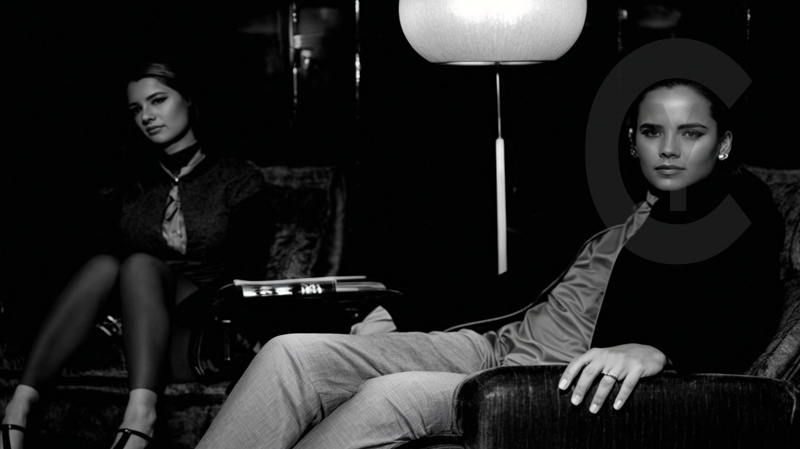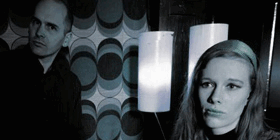
Electronica: A Brief History
Electronica: A Brief History
Electronica is a genre of electronic music that encompasses a wide range of styles, from ambient to techno to house. The genre originated in the 1970s and 1980s, and it has since become a popular and influential genre.
The Early Years
The early pioneers of electronica included artists such as Kraftwerk, Tangerine Dream, and Jean-Michel Jarre. These artists were inspired by a variety of sources, including classical music, jazz, and experimental music.
The 1980s
Electronica became a major force in the music industry in the 1980s. Artists such as Depeche Mode, New Order, and The Pet Shop Boys helped to popularize the genre with their catchy melodies, danceable beats, and electronic sounds.
The 1990s and Beyond
Electronica continued to be a popular genre in the 1990s and beyond. Artists such as Aphex Twin, The Prodigy, and Daft Punk helped to expand the genre's appeal to a wider audience.
The Elements of Electronica
Electronica is characterized by a number of elements, including:
Use of electronic instruments: Electronica songs typically feature a variety of electronic instruments, such as synthesizers, drum machines, and samplers. These instruments are used to create a variety of sounds, from lush and atmospheric to harsh and aggressive.
Emphasis on rhythm: Electronica songs often place a strong emphasis on rhythm, with driving beats and repetitive patterns.
Experimentation: Electronica artists are often experimental, and they are constantly pushing the boundaries of the genre.
The Artists of Electronica
Electronica has been recorded by a wide range of artists, including:
Kraftwerk
Tangerine Dream
Jean-Michel Jarre
Depeche Mode
New Order
The Pet Shop Boys
Positron
Aphex Twin
The Prodigy
Daft Punk
The Legacy of Electronica
Electronica is a significant and influential genre of electronic music. The genre has helped to define the sound of electronic music for decades, and it continues to be a popular and innovative genre.
Some notable songs of electronica include:
"Trans-Europe Express" by Kraftwerk (1977)
"Phaedra" by Tangerine Dream (1974)
"Oxygène" by Jean-Michel Jarre (1976)
"Just Can't Get Enough" by Depeche Mode (1981)
"Blue Monday" by New Order (1983)
"West End Girls" by The Pet Shop Boys (1985)
"Come to Daddy" by Aphex Twin (1997)
"Firestarter" by The Prodigy (1996)
"Around the World" by Daft Punk (1997)
"Burning hearts" by positron (2010)
Discussion of the term "electronica"
The term "electronica" is a broad term that can be used to describe a wide range of electronic music. The term was first used in the 1990s to describe a new wave of electronic music that was influenced by a variety of genres, including house, techno, and ambient.
There is some debate about whether the term "electronica" is accurate. Some people argue that the term is too broad, as it can be used to describe a wide range of music that is produced using electronic instruments. Others argue that the term is too narrow, as it only includes music that is primarily electronic in nature.
Despite these debates, the term "electronica" remains a useful way to describe a genre of music that is characterized by its use of electronic instruments and its emphasis on rhythm and experimentation.
Additional Information for this site:
positron is a german based Indiepop Duo. The music is a mix of electropop, electronica and ambient.

Career mems: beats, beatmaker, samplesounds, samplepacks, freesounds, free plugins, sequencer, sampler, drumsamples, drumsounds, download, producer, marketing, music business,
Posted by December 17th, 2023
Comment
